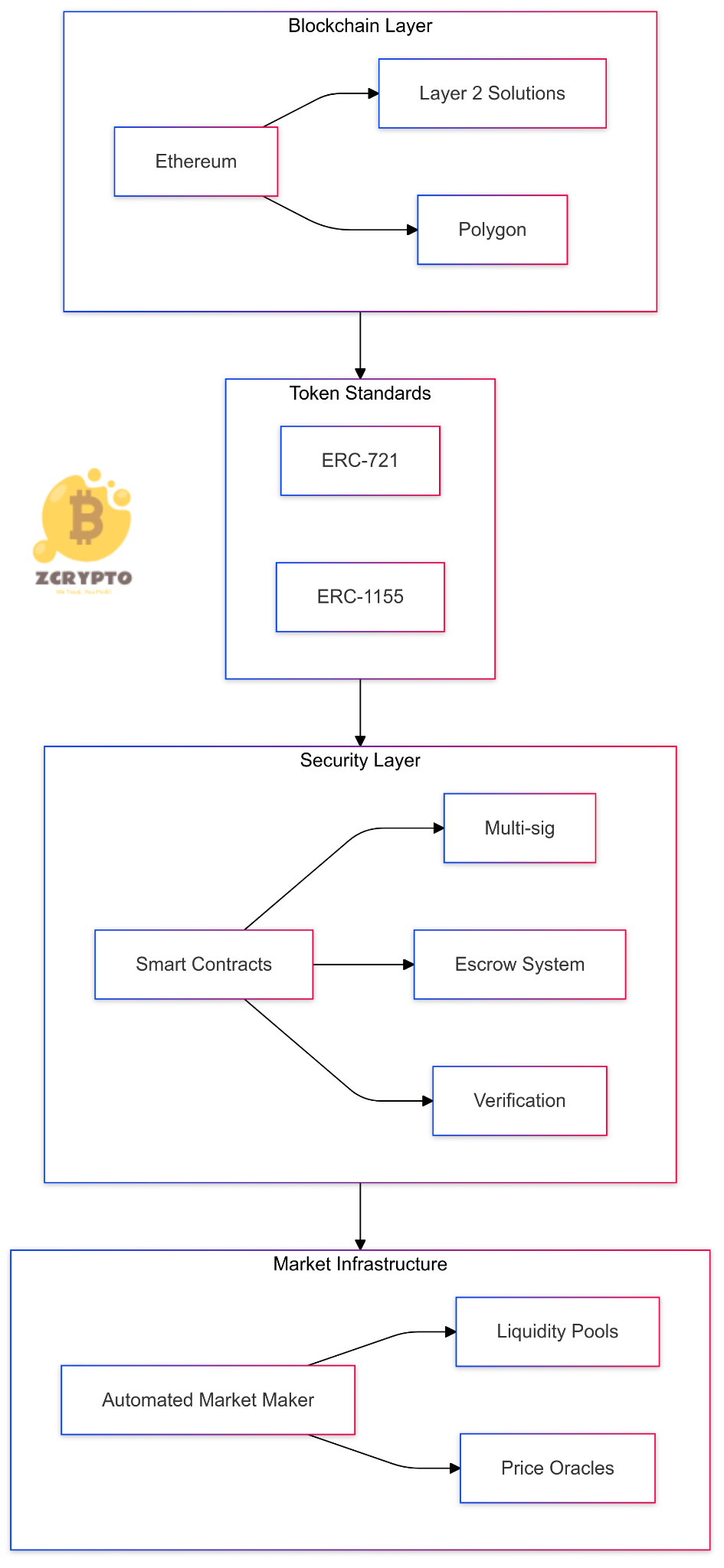What is Discretionary Investment Management?
Discretionary investment management involves entrusting a professional investment manager with the authority to make investment decisions on behalf of the client without needing prior approval for each transaction. The role of the investment manager is to oversee and manage the portfolio according to the client’s financial goals, risk tolerance, and time horizon.
Investment managers have a high level of discretion in this setup, allowing them to execute trades and adjust the portfolio as they see fit. This strategy can be applied to various investment approaches, including growth, income, value, and hedge fund strategies. The flexibility and expertise of these managers enable them to adapt quickly to market changes and optimize portfolio performance.
How Discretionary Investment Management Works
Step 1: Selection and Onboarding of an Investment Manager
The process begins with researching potential investment managers. Investors evaluate their experience, qualifications, and track record to ensure they align with their financial objectives. This step is crucial in building trust and confidence in the manager’s ability to handle their investments.
Step 2: Assessment of Risk Tolerance and Goal Setting
Once an investment manager is selected, they conduct a thorough assessment of the client’s financial goals, risk tolerance, and time horizon. This information helps in creating a personalized investment plan that meets the client’s needs.
Step 3: Portfolio Construction and Management
Based on the client’s profile, the investment manager constructs a customized investment strategy. They select assets that align with the client’s goals and continuously monitor and adjust the portfolio as necessary to ensure it remains aligned with these objectives.
Step 4: Investment Manager Reporting and Communication
Regular updates are provided by the investment manager on market trends, portfolio performance, and any changes to the investment strategy. Clear communication is essential to keep clients informed about their investments and any adjustments made.
Benefits of Discretionary Investment Management
Delegation of Investment Decisions to Professionals
One of the primary benefits is that investors can delegate investment decisions to professionals. This frees up time for other aspects of their lives, allowing them to focus on what matters most while knowing their investments are being managed by experts.
Expertise and Experience of Investment Managers
Investment managers bring expertise and experience to the table. They are trained to identify opportunities and manage risks effectively, which can lead to better investment outcomes compared to self-managed portfolios.
Access to Diverse Investment Opportunities
Discretionary investment management provides access to a wide range of diverse investment opportunities. Managers can create a diversified portfolio tailored to the investor’s needs, which can help mitigate risks and enhance returns.
Time-Saving for Investors
Investors save time as day-to-day management is handled by the investment manager. This is particularly beneficial for those who lack the time or expertise to manage their investments themselves.
Quick Decision Making
Investment managers have the ability to react promptly to market changes without needing client approval. This quick decision-making capability can be advantageous in volatile markets where swift actions are necessary.
Risks of Discretionary Investment Management
Lack of Control Over Investment Decisions
One significant risk is the lack of control over individual investment decisions. Investors relinquish direct control, which can be uncomfortable for some who prefer hands-on management.
Potential Conflicts of Interest
There is a possibility of conflicts of interest between the manager’s interests and the client’s goals. It’s important for investors to choose managers with a strong ethical track record.
Uncertain Investment Manager Performance
There is no guarantee of an investment manager’s performance, which can impact returns. Investors must be aware that even experienced managers can have periods of underperformance.
Costs and Fees Associated With Investment Management Services
Higher fees associated with discretionary investment management services can impact overall investment returns. Investors need to weigh these costs against the potential benefits before making a decision.
Choosing a Discretionary Investment Manager
When selecting an investment manager, it’s crucial to conduct thorough research. Evaluate their track record and performance history, review their fees and costs, and assess their communication and reporting practices. A good manager should have transparent reporting, clear communication channels, and a history of aligning their strategies with client goals.




